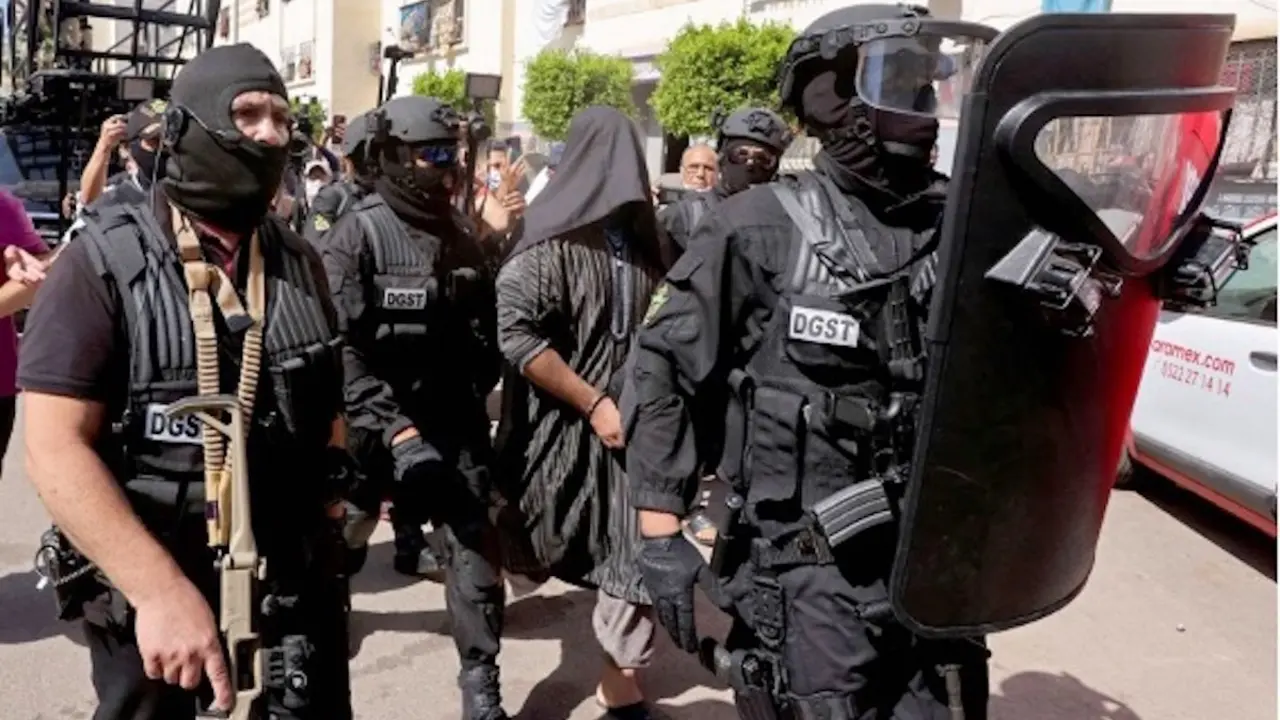Sudan: Army's message to move away from politics in favour of civilian government

An army out of politics and a civilian government ruling Sudan's affairs - that seems to be the future of Sudan, according to the latest statement by Lieutenant General Abdel Fattah al-Burhan, head of Sudan's Sovereignty Council and leader of the Sudanese Armed Forces.
Abdel Fattah al-Burhan led the latest coup d'état on 25 October 2021 in Sudan and managed to seize control of the nation's government. All this after massive protests by the population due to the difficult political, social and economic conditions in the country and after 30 years of dictatorial rule by Omar al-Bashir, which ended with his overthrow in 2019 following a popular uprising and the army's own demands for him to leave office.

Over the past few years, Lieutenant General Al-Burhan had oscillated between different positions on the army's participation in the national democratisation political process that sought to begin after al-Bashir's iron-fisted rule, promising at some stages that the military would be involved in the long-awaited elections and at others assuring that the military would not interfere in political affairs after the transitional period. In the meantime, there were contacts with civilian political forces in order to negotiate the development of a transitional political process.
According to Al-Ain News, Abdel Fattah al-Burhan has now given assurances that the army does not want to interfere in the political process, which would clear the way for the formation of a civilian government, something that has been insistently demanded by various sectors of Sudanese society. As reported by this media outlet, Al-Burhan said on Sunday that an army that does not interfere in politics will be established in Sudan. "We want to allow any future civilian authority to have the armed forces under his command. In other words, putting the army he leads under the command of a future government after the completion of the national democratisation process.

In December 2022, Lieutenant General Al-Burhan, together with Mohamed Hamdan Dagalo, leader of the Rapid Support Forces, and the leaders of the Forces of Freedom and Change (FFC), a political alliance of both civilian and rebel coalitions, democratic elements opposed to military rule, initialled a "framework agreement" to seek a democratic solution to the country's political situation.
Now, Al-Burhan, who participated in an event on security and military reform organised by the signatories of the so-called "framework agreement", said on Sunday that "the Sudanese people are waiting" for the process to be completed and "we will not delay in implementing our commitments", noting that the process of military and security reform is long and complicated.
"We want to build an armed forces with standards acceptable to democratic regimes, and we want the armed forces to be completely removed from political action," Al-Burhan said.

Lieutenant General Al-Burhan stressed that the army would not stand in the way of reforming the country and welcomed anything that would reform the military establishment.
These statements come shortly before the final political agreement is due to be signed early next April, when the necessary mechanism to establish a new constitution is also due to take place. It remains to be seen whether the Sudanese democratic process can be definitively completed with the cooperation of democratising civil and political society and the army led by Abdel Fattah al-Burhan.








